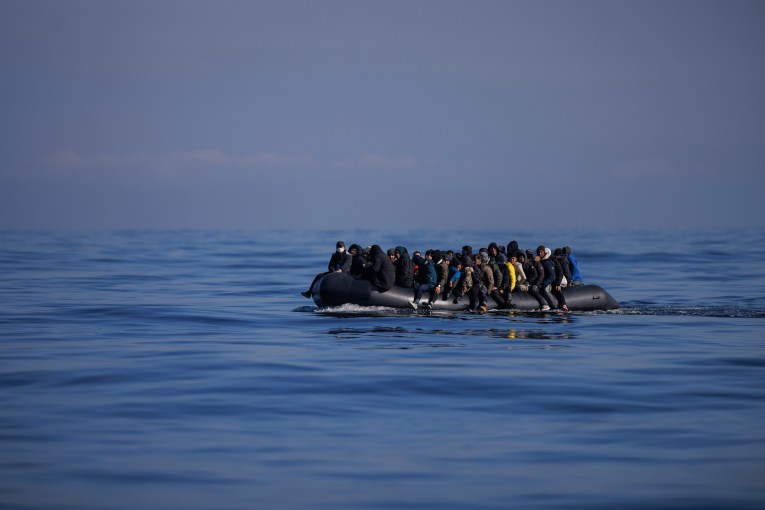Pressure on: Indonesia may pause all killings


Getty
As two Australians sit in solitary confinement in Indonesia awaiting their executions, that nation’s President says his government would be open to abolishing the death penalty if his people wanted change.
Indonesian President Joko Widodo defended his decision to reject clemency for foreigners in an interview with Al Jazeera on March 8.
But Mr Widodo also said his government would be open to abolishing the death penalty if the Indonesian people wanted change.
• Julie Bishop proposes Bali Nine prisoner swap
• Bali Nine executions ‘won’t be this week’
• Why did the AFP hand over the Bali Nine?
“The constitution and existing laws still allow (the death penalty) but in the future if it is necessary to change it and the people really want it, why not?” he said.

More than 24 countries gathered at the UN Human Rights Council in Geneva. Photo: Getty
“I think we want to listen to what people want first. It’s still a long time to go through and I do not want to talk about the issue now.”
The statements reflect the stance on the execution of drug smugglers, including Australian’s Andrew Chan and Myuran Sukumaran, the two Bali Nine ringleaders.
Meanwhile Indonesian diplomats have discussed* a moratorium on the death penalty while speaking at a global human rights summit on March 4.
Prominent Australian barrister Robert Richter told The New Daily the executions should not go ahead if Indonesian officials were about to call a halt to the death penalty.
“It would be an appalling miscarriage if such was being considered and yet the executions proceeded,” Mr Richter said.
“I suppose I wonder where and from whom has this information (been communicated).”
Australian politicians have again urged Indonesia to reconsider the decision.
On Wednesday, Indonesian diplomats discussed*, at a UN Human Rights Council summit in Geneva, a moratorium on the death penalty – just days before the country prepares to execute a further 11 drug criminals, including Chan and Sukumaran.

Robert Richter, QC. Photo: ABC
The UN council hosted a high-level panel to discuss the death penalty, calling for a global ban on capital punishment.
A transcript from the summit said most countries were concerned that the death penalty did not lower crime rates, and warned that the practice of killing prisoners too often targeted the minions, rather than the linchpins, of the illegal drugs trade.
Mr Richter – who publicly opposes the death penalty and is active in drug law reforms – said it would be unlikely that the discussions held in the UN Human Rights Council summit would have any sway on the fate of Chan and Sukumaran.
“I remember when Ronald Ryan was hanged in Victoria in 1964, when you look at what happened after, it made no impact on anything other than having taken a life,” Mr Richter said.
At the Geneva UN summit on Wednesday, Indonesian diplomats sat among representatives of more than 24 countries, saying the death penalty “was a constant subject of discussions in the country”.
Indonesia ensured that due process of law was fully observed in the imposition of the death penalty.
Between 2008 and 2013, Indonesia had unilaterally implemented a moratorium on the death penalty.
If they had to reintroduce the death penalty, “it was simply because they were dictated by the aggravated situation affecting their society as a result of those crimes”, they said.
Capital punishment ‘inhuman and outdated’
UN assistant secretary-general Ivan Simonovic said capital punishment was “inhuman and outdated” and there was no evidence that executions stop crimes.

Officials are preparing for executions of Sukumaran (L) and Chan. Photo: ABC
Mr Simonovic’s comments, at the summit, oppose those of Mr Widodo, who has insisted the death penalty is needed to tackle a “drugs emergency” in Indonesia.
“Some States justified the death penalty on the grounds that it was demanded by a large majority of the population, or that without it, it was impossible to fight drug trafficking or terrorism,” Mr Simonovic said.
“However, there was no evidence that the death penalty deterred any crime; the focus of crime prevention should be on strengthening the justice system and making it more effective.”
In closing, Mr Simonovic said there was no need to kill immigrants, minorities, the poor and those with disabilities to show the commitment to fight crime.
He called on all to work together to improve the efficiency of the justice system without resorting to the “inhuman and outdated punishment” that the death penalty was.
Australian diplomats were also at the Geneva meeting and warned of extensive international research that disproved the death penalty had a deterrent effect on crime.
* Correction: An earlier version of this story stated that Indonesian diplomats endorsed a moratorium on the death penalty. However, the information originally supplied by the The United Nations Office at Geneva (UNOG) was corrected on March 11, and this story has been amended to reflect the changes.








